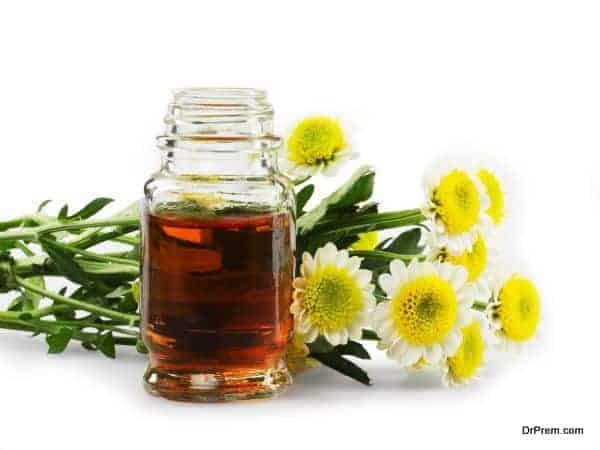Angina: Alternative Medicine
Top Alternative Medicine
1. L arginine
L arginine, a type of amino acid, is beneficial for people prone to stable angina. Fish, red meat, poultry and diary products are the main dietary sources of L arginine. In the human body, L arginine stimulates production of nitric oxide. Nitric oxide eases blood flow and brings down the blood pressure, which helps to reduce pain and discomfort in the chest induced by insufficient blood circulation through the muscles of the heart. In coronary artery disease patients, L arginine supplement improves exercise tolerance and reduces the frequency and severity of angina pain. However, L arginine cannot cure the coronary heart disease or protect a person from heart attack. Although the amino acid supplement is well tolerated when taken for a short period, it is occasionally linked to side effects such as abdominal pain, diarrhea, allergy, asthma attacks, gout and low blood pressure. This supplement is not recommended for people who had a heart attack in the recent past.
2. L carnitine
L carnitine, an amino acid needed for metabolizing fat, is primarily synthesized in the liver and kidneys. A small portion of this amino acid is obtained from dietary sources such as lamb, dairy products, poultry, fish, avocado, asparagus, peanut butter and wheat. Angina is often linked to low levels of L carnitine. Several clinical studies suggest that regular intake of L carnitine supplement can provide relief from the symptoms of angina. The amino acid also improves exercise tolerance in coronary artery disease patients. People suffering from stable angina can take 1 to 3 grams of L carnitine daily. Side effects rarely occur when the amino acid supplement in taken in recommended doses. High doses, above 5g, can cause rash, body odor and increase appetite.
3. Hawthorn
Hawthorn is traditionally used for treating heart problems. The herb is a rich source of antioxidant compounds called quercetin and oligomeric procyandins. Researchers speculate that these substances protect the heart from the destructive activities of free radicals and environmental toxins. In addition, oligomeric procynadins ease blood flow to the heart muscles by dilating the coronary blood vessels which help to prevent chest pain. People with angina can take 180 mg of hawthorn berry leaf powder extract daily. Hawthorn rarely causes any side effects when taken in recommended doses. Rarely, it causes palpitation, headache and nausea. Hawthorn may cause dizziness in people who take nitrates for treating angina.
4. Relaxation
Stress is one of the key causes of angina pain. Practicing relaxation techniques such as meditation, deep breathing exercises, tai chi, self hypnosis, yoga or biofeedback can reduce the frequency and severity of angina pain by lowering the level of the stress hormones, relaxing the muscles and eases blood circulation.
5. Coenzyme Q10
Coenzyme Q10 is a vitamin-like substance which is manufactured naturally in the human body. It is found in nearly every organ of the body, especially in the liver, kidneys, heart and the pancreas. Coenzyme Q10 is needed for maintaining the basic activities of the body cells. Heart conditions, including chest pain induced by reduced blood supply to the heart muscles, can occur owing to deficiency of coenzyme Q10. In people with blocked coronary arteries, regular intake of coenzyme Q10 supplements can improve exercise endurance. Seafood and meats contain small amounts of coenzyme Q10, thus you can hardly meet your coenzyme Q10 requirement through diet. Supplements are usually safe. However, in some people it can cause mild side effects such as diarrhea, nausea, vomiting and appetite loss.
6. Arnica
Arnica montana is recommended by homeopaths for treating angina. Although the herb can trigger toxic reactions when taken internally, the extremely diluted form of arnica extract, as used in homeopathic preparation, can be safely consumed for alleviating angina.
7. Vitamin C
Daily consumption of moderate doses of vitamin C supplement can reduce chest pain in people with unstable angina pectoris. Vitamin C aids dilation of the blood vessels, thereby improving blood flow to the heart muscles. Increasing consumption of vitamin C rich orange, lime, lemon, berries and peppers is the best way to boost the vitamin C level in the body. To prevent angina, you can also take 500 mg of vitamin C supplement.








